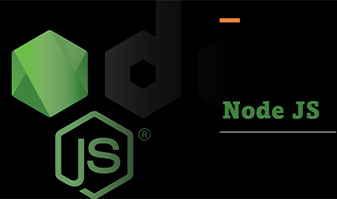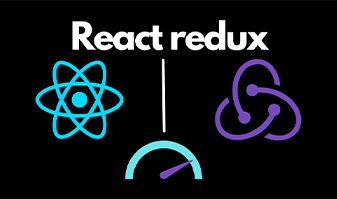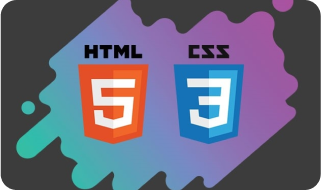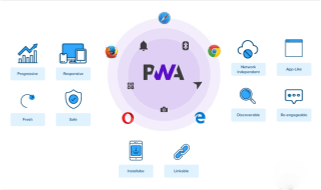
Node.js has become one of the most popular platforms for building web applications and for good reason. Node.js is a powerful and versatile open-source JavaScript runtime that has gained popularity in recent years for its ability to handle both server-side and client-side programming. Node.js is built on top of the V8 JavaScript engine, which was initially created for Google Chrome but has since been adapted for use in other applications.
One of the key advantages of Node.js is its event-driven, non-blocking I/O model. This means that it can handle a large number of concurrent connections without blocking, which makes it ideal for building highly scalable web applications. Node.js achieves this by using a single-threaded event loop that can handle multiple events simultaneously. As a result, Node.js is highly efficient in terms of resource usage, which can save developers a lot of time and money.
Another key advantage of Node.js is its use of JavaScript, which is a highly popular and widely used language. This means that developers can leverage their existing JavaScript skills to build server-side applications, which can reduce the learning curve and make development faster and easier. Furthermore, JavaScript is a language that is well-suited for building web applications, which makes it a natural fit for Node.js.
Node.js also has a rich ecosystem of modules and packages that can be easily integrated into applications. This makes it easy to add features and functionality to applications without having to write everything from scratch. There are also many tools available for testing, debugging, and deploying Node.js applications, which can streamline the development process and reduce the likelihood of errors.
Another advantage of Node.js is its ability to handle real-time applications, such as chat applications or real-time dashboards. This is achieved through the use of WebSocket, which allow for bi-directional communication between the server and the client. This makes it possible to build highly interactive and responsive applications that can deliver real-time updates to users.
Finally, Node.js is a platform that is constantly evolving and improving. The community around Node.js is highly active, which means that there are always new modules and packages being developed. This can keep applications up-to-date with the latest features and security updates, which is essential for any modern web application.
1. Single Language: Node.js allows developers to use JavaScript for both server-side and client-side programming. This makes it easier for developers to switch between front-end and back-end development, and it also reduces the learning curve for new developers.
2. Large Community: Node.js has a large and active community of developers, which means that there are plenty of resources, tools, and libraries available to help developers solve problems and build applications more quickly and efficiently.
3. Scalability: Node.js is highly scalable and can easily handle large amounts of traffic and data. This makes it an excellent choice for building real-time applications and streaming services.
4. NPM: Node.js comes with its package manager, NPM, which makes it easy to install, manage, and share code packages. This means that developers can easily reuse code from other projects and contribute to the community.
5. Cross-Platform Compatibility: Node.js is compatible with multiple platforms, including Windows, Mac, and Linux, which makes it an excellent choice for building applications that can run on multiple devices and operating systems.
6. Support for Microservices: Node.js is an excellent choice for building microservices, which are small, independent, and loosely coupled services that work together to build a larger application. Microservices are becoming increasingly popular among developers, as they allow for faster development, better scalability, and easier maintenance.
In conclusion, Node.js is an excellent platform for building web applications. Its event-driven, non-blocking I/O model, use of JavaScript, a rich ecosystem of modules and packages, real-time capabilities, and active community all make it a compelling choice for developers. Whether you’re building a small-scale web application or a large-scale enterprise application, Node.js is a platform that is definitely worth considering.
By Siddarth Kheni
April 11, 2024
More from Beact Infotech
Siddarth Kheni
How to Learn React-Redux

Siddarth Kheni
Why node js ?

Siddarth Kheni
5 Reason Why You Should Learn HTML & CSS

Siddarth Kheni
Introduction to PWA

Siddarth Kheni
Things You Need To Know About ChatGPT

Siddarth Kheni
10 Main Core Concept You Need to Know About React
© Copyright 2024 - Beact Infotech. All Rights Reserved